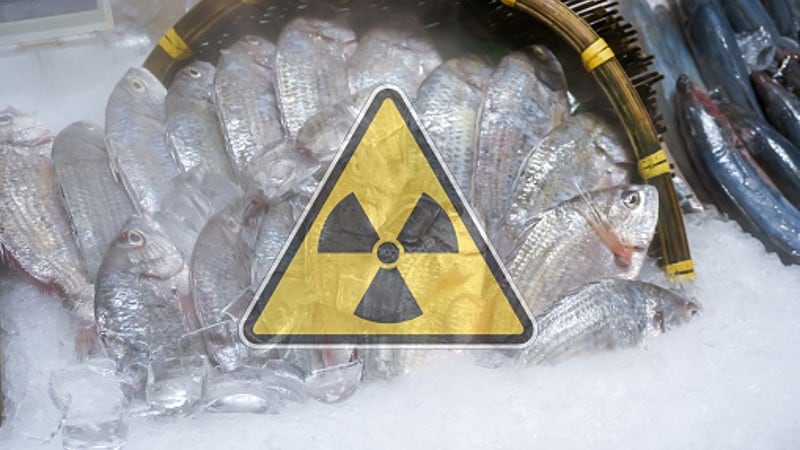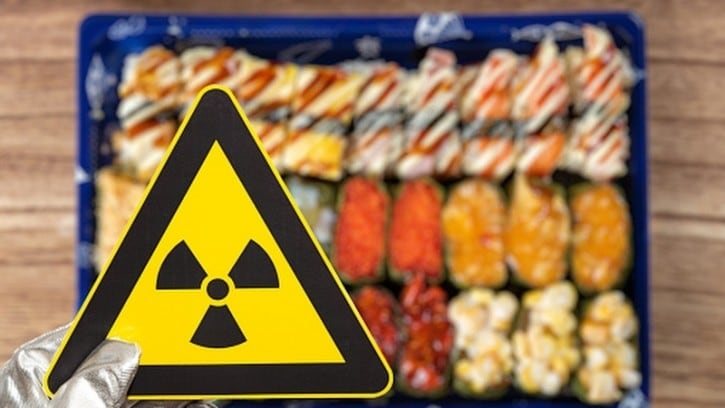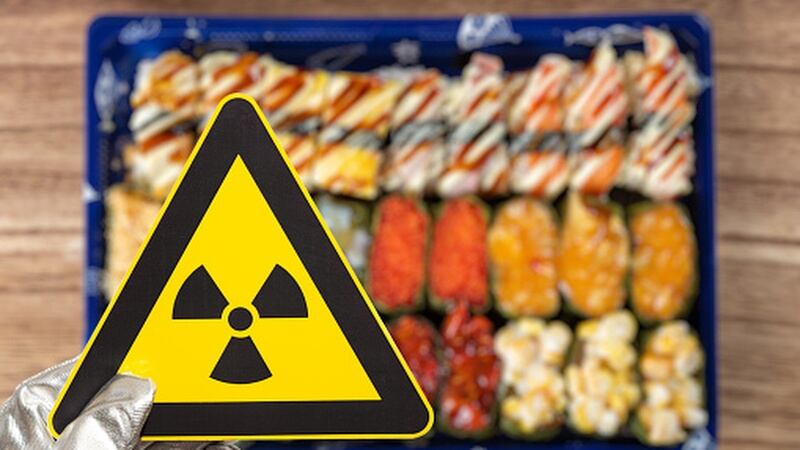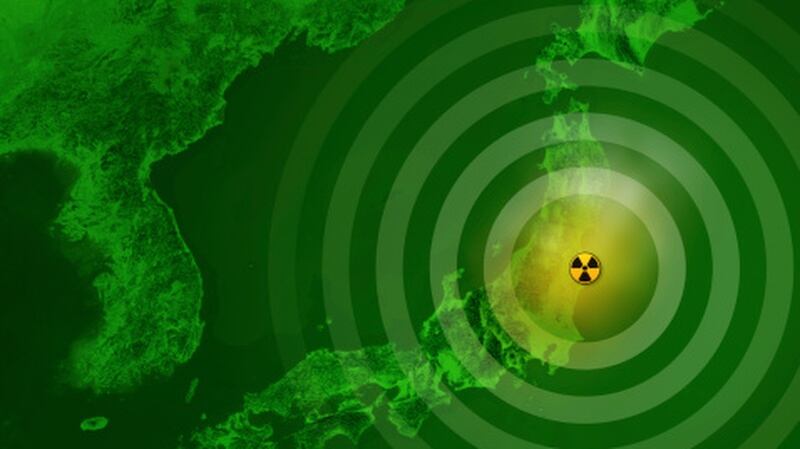After the Fukushima Daiichi nuclear plant disaster in 2011, a total of 55 international markets implemented some form of trade restriction on food products coming from Japan and in particular the affected regions of Fukushima, Gunma, Ibaraki, Tochigi and Chiba.
Over the past 13 years, Japan has succeeded in progressively getting around 90% or 49 of these markets to lift all import measures on the affected foods, including markets with famously strict food safety standards such as Australia (2014), Singapore (2021) and the EU (2023).
However, as of August 2024 there still remain several markets that have stood firm in the implementation of these trade barriers, particularly neighbouring markets China, Hong Kong, Macau, Taiwan and South Korea as well as Russia.
Japan has found it particularly difficult to get these markets to open up fully, particularly after it proceeded with the release of treated nuclear wastewater from the Fukushima incident into the ocean last year whereupon several markets including China and Hong Kong in fact doubled down on restrictions.
“The results of surveys in Japan and the monitoring of imported foods at destination countries/regions have indicated that the health risk to people from foods produced in Japan is in fact negligible,” Japan’s Ministry of Agriculture, Forestry and Fisheries (MAFF) said in a formal statement via its Export and International Affairs Bureau in August 2024.
“International organisations have assessed that Japan’s measures responding to radionuclides in foods are appropriate, and the food supply chain is controlled effectively.
“As such, there is no scientific justification for import restrictions and other measures being implemented on Japanese foods, and all of these restrictions and measures should be lifted.”
The international organisations MAFF was specifically referring to were the United Nations Food and Agriculture Organisation (FOA) and International Atomic Energy Agency (IAEA), which had issued a statement via the FAO/IAEA Centre lending credence to Japan’s radionuclide food safety measures.
In the report, the ministry also highlighted that thorough analysis in food exports from August 2023 to March 2024 had shown zero non-compliant cases detected in markets that were still implementing measures such as additional testing.
“During this period, there have been no cases of any non-compliant food items detected in any of the 39,191 test samples taken in Hong Kong, 228,665 samples taken in Taiwan, and 410,551 cases taken in South Korea,” it said.
“Furthermore, this is according to Japanese maximum radionuclide limit levels which are 100Bq/kg, which is 10 times stricter than Codex guideline levels of 1,000 Bq/kg.
“It also covers all the major export commodities and foods from grains to vegetables, fruits, seafood, beef, milk, beverages, processed foods and more where there were zero recall cases in this time period.
“Japan has been conducting biannual surveys since 2011, and in 2023 we found that the effective dose of radiation from foods has been around 0.0005 mSv/year to 0.0010mSv/year, and hovering around this level for many years.\
“This has been far below the effective dose limit of 1msv/year – in fact, consumers tend to receive around 0.03 mSv of cosmic radiation from a 10-hour aeroplane flight, which is significantly higher.”
High-risk items not for export
MAFF also stated that there are certain food items where higher levels of radionuclides tend to be detected, particularly wild harvests.
“Specific wild harvests which tend to have higher concentration of radionuclides are local items consumed in small quantities, and not a commodity for export,” said the ministry.
“Very limited numbers of recall cases (16 out of 14,373) have been found based on the Japanese maximum radionuclide limits, but were still compliant with the Codex limits – all of these were wild plants or mushrooms.
“All such cases were followed up individually, and distribution was suspended.”





